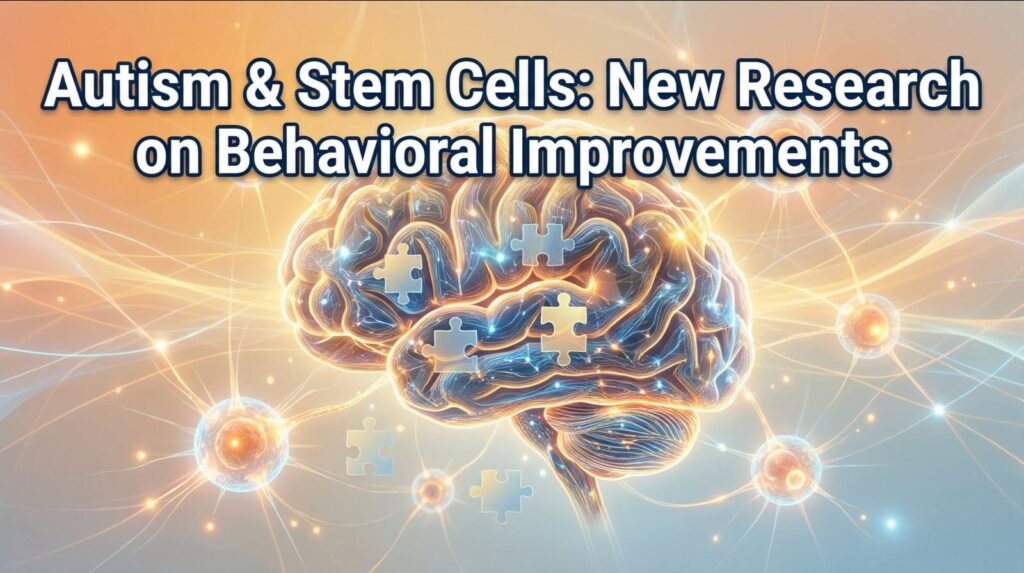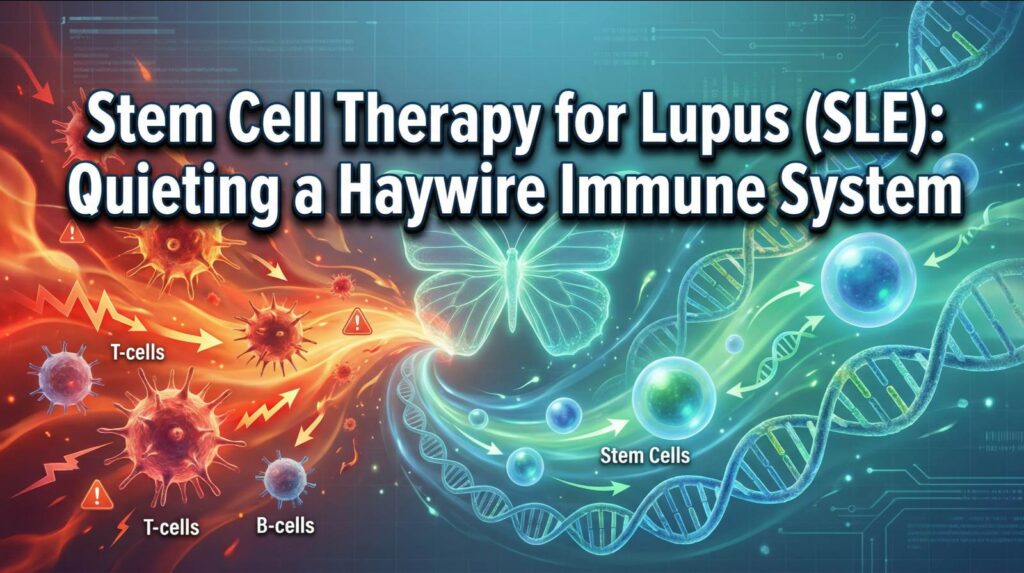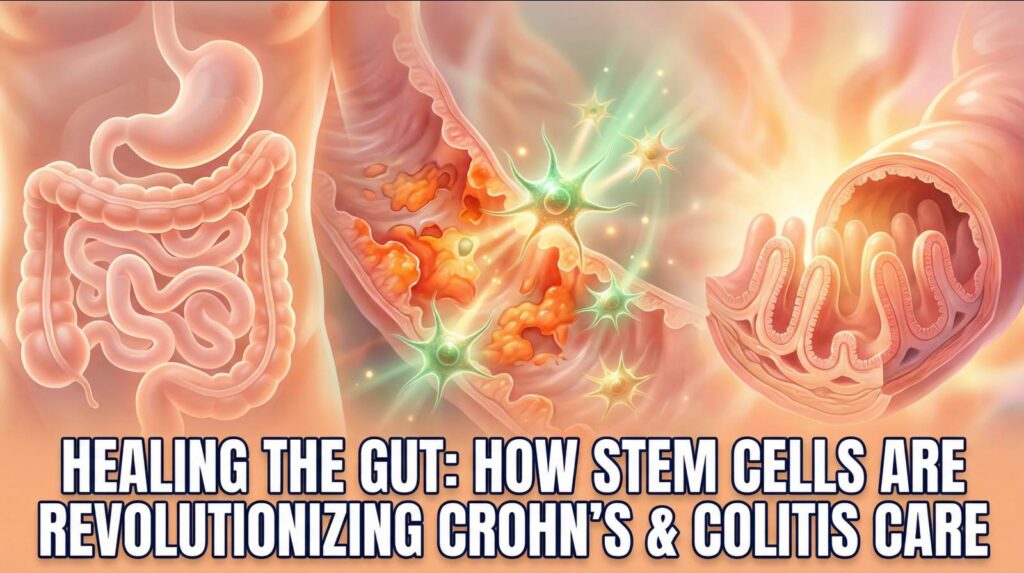San Diego-based startup Aspen Neuroscience plans to test the potential of lab-cultured brain cells, derived from a person’s own cells, to reverse Parkinson’s disease symptoms in human trials later this year. The company aims to determine if these injected cells can develop into dopamine-producing neurons, alleviating the disease’s debilitating symptoms. Animal tests have shown promise so far.
Aspen Neuroscience is among several groups exploring induced pluripotent stem cells (iPS cells), which are similar to embryonic cells and can develop into any cell type. Researchers hope to use iPS cells to treat currently incurable diseases, including macular degeneration and congenital heart disease.
These early clinical trials will serve as proof-of-principle tests for stem-cell biologists. The process of using iPS cells for treatment is currently expensive and time-consuming but may reduce the risk of tissue rejection since it originates from the patient. There are risks involved, such as unwanted cell types or tumor formation, and a small chance of the body rejecting the implanted tissue. Unlike traditional stem cell research using embryos, this approach begins with a patient’s blood or skin cells, overcoming limitations in source material and legal constraints on government funding.
Read full article here: https://www.wsj.com/articles/stem-cells-parkinsons-disease-heart-failure-60e9e21f



